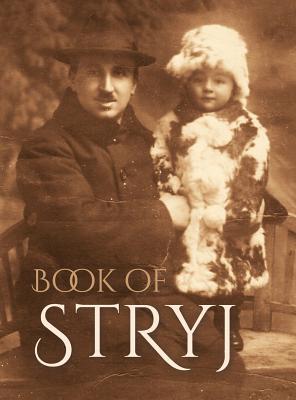Stryj was first populated by Jews in the middle 16thcentury. The permit to build the first synagogue was given in 1689. Since the beginning of their settlement in Stryj the Jews made their living by selling spirits, wholesale and retail merchandising, providing tax and customs services and banking for the nobles. After Poland was partitioned in 1772, Stryj became part of the Austrian Empire. At the time there were about 440 Jewish families in the town and its suburbs. After World War I, Stryj briefly became a part of the West Ukrainian People's Republic (a short-lived republic that existed from November 1918 to July 1919 in eastern Galicia). In 1919, the area became a part of free and sovereign Poland. The town had a Jewish population of 10,988 in 1921 and about 12,000 in 1939. Jews were merchants, craftsmen and many were professionals: doctors, lawyers, engineers, etc.
The Germans occupied Stryj on July 2nd, 1941 after breaking the Molotov-Ribbentrop Pact and hundreds of Jews were immediately killed. Murders and deportations followed and in August of 1943 the Stryj ghetto and labor camps around town were liquidated. When the Soviet army occupied Stryj in August 1944 there were only a few Jewish survivors. No Jewish community was re-established.
This book tells the story of Stryj's Jews during a period of 400 years of the existence of their community: their struggles and achievements, their dreams and hopes, the institutions they established and the many great and famous personalities from town.
This book serves to commemorate the once vital and flourishing community of Stryj that no longer exists.
